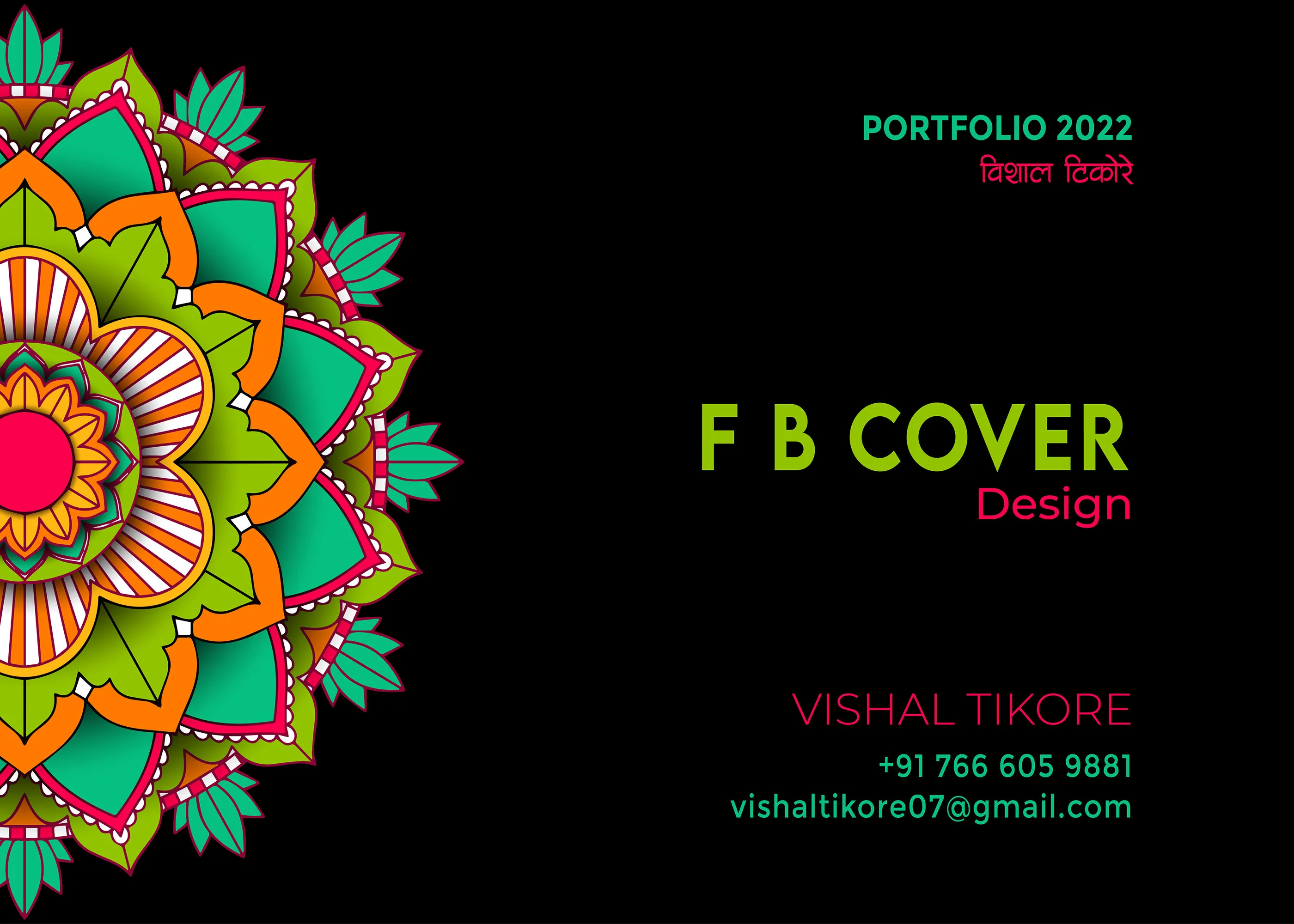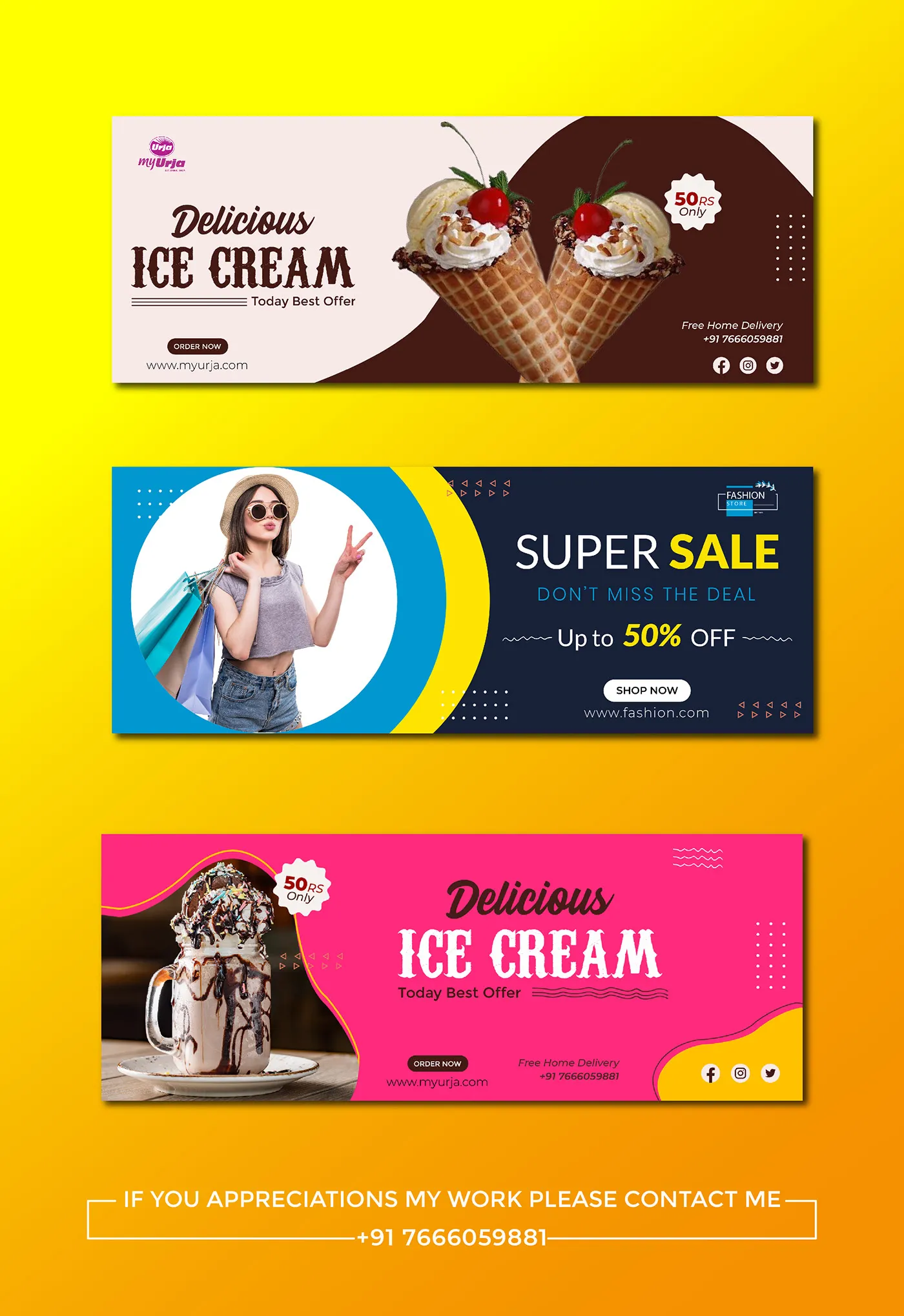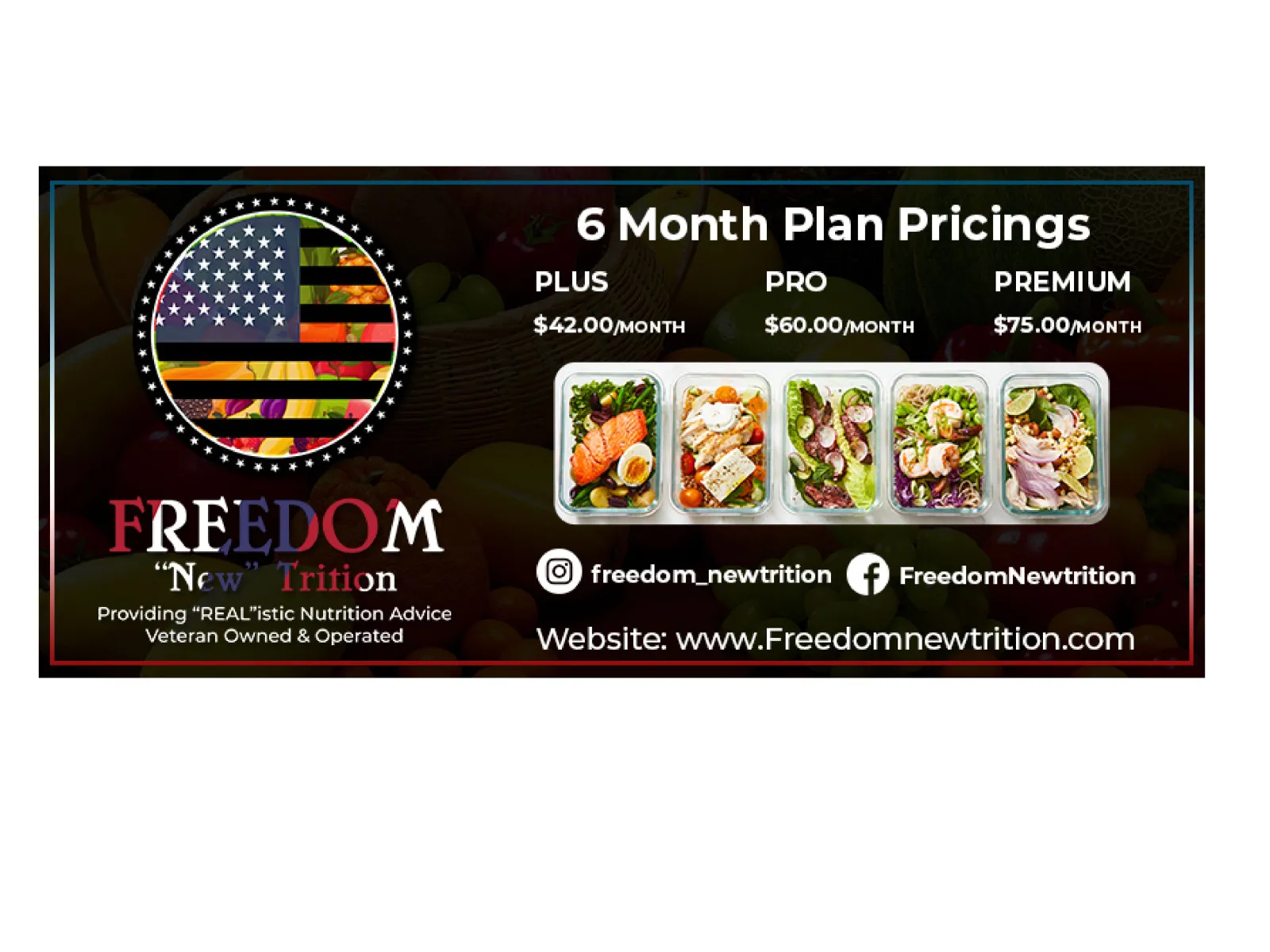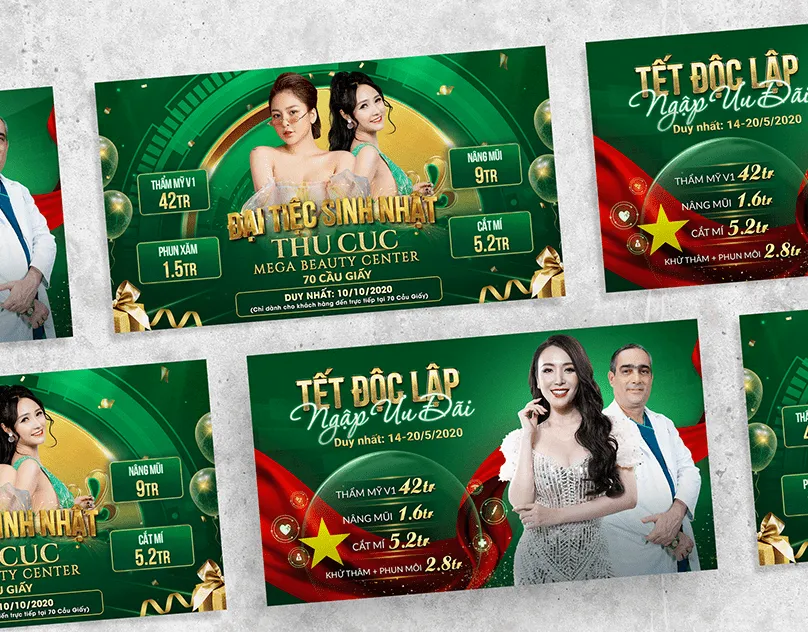Understanding the Importance of a FB Cover Letter
In the competitive landscape of job applications, a Facebook (FB) cover letter is more than just a formality; it is your initial opportunity to make a lasting impression on a potential employer. This crucial document serves as your personalized introduction, setting the tone for your application and providing context to your resume. Unlike a resume, which offers a snapshot of your qualifications, a cover letter allows you to showcase your personality, communication skills, and genuine interest in the position and the company. A well-crafted FB cover letter is a powerful tool to distinguish yourself from other applicants and increase your chances of landing an interview.
Why a FB Cover Letter is Crucial
Many job seekers underestimate the significance of a FB cover letter, but it offers a unique space to demonstrate your understanding of the role and the company’s needs. The cover letter allows you to connect your skills and experiences directly to the job description, highlighting why you are the ideal candidate. It’s an opportunity to tell a story, revealing your motivations, career aspirations, and how your values align with the organization’s culture. Recruiters often use cover letters to gauge your communication abilities, attention to detail, and overall suitability for the position. A strong cover letter can significantly enhance your application, even if your resume isn’t perfect. It offers the chance to explain any gaps in your employment history or address any concerns the employer might have.
What Recruiters Look For in a FB Cover Letter

Recruiters are looking for more than just a recitation of your resume; they seek evidence of your genuine interest, relevant skills, and a clear understanding of the company. They want to see that you have researched the organization and can articulate why you want to work there. Key qualities recruiters look for include a professional tone, strong writing skills, and tailored content that addresses the specific requirements of the job. They are assessing your ability to communicate effectively, demonstrate your problem-solving abilities, and highlight any unique contributions you can bring to the team. The cover letter should show that you are not just a qualified candidate but also a great fit for the company culture. Therefore, showcasing your personality while maintaining a professional demeanor is essential. Moreover, recruiters value a concise and easy-to-read cover letter, so keeping your points clear and to the point is vital.
Crafting the Perfect FB Cover Letter Format
The format of your FB cover letter is as important as its content. A well-structured cover letter guides the reader through your key qualifications and interests. Use a standard business letter format to ensure professionalism. The structure generally includes a header, greeting, body paragraphs, and a closing. The header should contain your contact information, the date, and the recipient’s details. The body of the letter is where you highlight your relevant skills, experiences, and enthusiasm for the position. Lastly, a strong closing statement should reiterate your interest and include a call to action. By adhering to a clear and organized format, you make it easier for the hiring manager to quickly grasp your key qualifications.
Header Essentials Contact Information & Date
Your header must include your full name, address, phone number, and email address. Make sure your email address is professional; avoid using nicknames or informal addresses. Beneath your contact information, include the date of your application. Following the date, add the hiring manager’s name, title, and the company’s address. Including this information demonstrates your attention to detail and shows that you have taken the time to research the company.
Greeting Strategies How to Address the Hiring Manager

The greeting sets the tone for your entire cover letter. Always address the hiring manager by name if possible; research the company to find this information. If you cannot find a specific name, use a formal greeting like ‘Dear Hiring Manager’ or ‘Dear [Department Name] Team.’ Avoid generic greetings like ‘To Whom It May Concern’ as they suggest a lack of personalization. Ensuring you use the correct name and title demonstrates respect and that you have invested effort into tailoring your application.
Body Paragraphs Key Elements to Include
The body paragraphs are the core of your cover letter, where you highlight your qualifications and express your interest in the position. Each paragraph should serve a specific purpose, creating a cohesive narrative that showcases your suitability for the role. Keep your paragraphs concise and focused, conveying your key points clearly. The body of your cover letter is where you tell your story, demonstrating how your skills, experience, and enthusiasm make you the perfect fit for the job. Organizing your thoughts into separate paragraphs helps maintain a logical flow and ensures your message is easily understood.
First Paragraph Grab Attention & State Your Purpose
The first paragraph is your opportunity to grab the reader’s attention. Start with a strong opening statement that immediately indicates your interest in the position and the company. Briefly mention where you saw the job posting and specify the position you are applying for. You should succinctly state your key qualifications or a unique achievement that makes you stand out. This paragraph should be concise, engaging, and set the stage for the rest of your cover letter. The goal is to make the hiring manager want to read further.
Second Paragraph Highlight Relevant Skills & Experiences

In the second paragraph, provide specific examples of your skills and experiences that align with the job requirements. Focus on the most relevant qualifications listed in the job description. Use the STAR method (Situation, Task, Action, Result) to demonstrate how you have used your skills to achieve positive outcomes. Provide quantitative results whenever possible to showcase your accomplishments. This paragraph should substantiate your claims and demonstrate the value you bring to the role. Tailor this section to each job you apply for, highlighting the skills and experiences most pertinent to that specific position.
Third Paragraph Showcase Your Passion & Enthusiasm
The third paragraph allows you to express your passion for the company and the role. Explain why you are interested in working for this particular organization and what excites you about the opportunity. Mention any research you have done about the company’s values, mission, or recent projects. Discuss how your career goals align with the company’s goals. Showcase what you can bring to the table. Demonstrate your enthusiasm and genuine interest in the position. This will help you connect with the hiring manager on a personal level. This paragraph helps you stand out from other applicants.
Closing Your FB Cover Letter with Impact
Your closing should leave a lasting positive impression. Summarize your key qualifications and reiterate your interest in the position. Express your gratitude for the hiring manager’s time and consideration. Make it clear that you are eager to learn more about the opportunity. A strong closing reinforces your enthusiasm, leaving the hiring manager with a positive view of you and your application. A well-crafted closing statement shows your professionalism and leaves the reader with a positive impression of your application.
Call to Action Encouraging Further Communication

Include a call to action in your closing to encourage further communication. State that you are available for an interview and how the hiring manager can reach you. Include your phone number and email address to make it easy for them to contact you. Express your gratitude for their time, and offer to provide any additional information they may need. A clear call to action demonstrates your proactive approach and makes the next step easy for the hiring manager to take. A direct call to action increases your chances of getting contacted.
Formatting & Presentation Best Practices
The presentation of your FB cover letter should be professional and easy to read. Your format, font, and overall layout will make an impression on the hiring manager. A well-formatted cover letter shows your attention to detail and that you take your application seriously. Maintain consistency with your resume and other application materials, helping the hiring manager recognize your brand. Take the time to format your cover letter to ensure it is visually appealing and easy to navigate.
Font Choices & Readability
Choose a professional and easily readable font such as Times New Roman, Arial, or Calibri. Keep the font size between 10 and 12 points to ensure readability. Avoid overly decorative or unusual fonts. Use consistent font formatting throughout your cover letter. Use bold or italics sparingly to emphasize key points. Proper font choices help improve the readability of your cover letter. Well-chosen fonts convey your professionalism, while poorly chosen ones can make your letter difficult to read.
Proofreading and Editing for Perfection

Proofread your cover letter meticulously before submitting it. Errors can undermine your professionalism and credibility. Check for grammatical errors, spelling mistakes, and punctuation issues. Read your letter aloud to identify awkward phrasing or sentences that don’t flow smoothly. Consider having someone else review your cover letter; a fresh pair of eyes can often catch mistakes you may have missed. A well-edited cover letter indicates your attention to detail, showing that you care about your application. The time spent proofreading helps showcase your qualifications and abilities.
Common Mistakes to Avoid in Your FB Cover Letter
Certain mistakes can negatively impact your application. By avoiding these common errors, you can significantly enhance your chances of success. Paying attention to these details can help you present a polished and compelling cover letter.
Generic vs Tailored FB Cover Letters
Avoid sending a generic cover letter. Tailor your letter to each specific job and company. Generic letters can appear impersonal and show a lack of genuine interest. Customize your cover letter by addressing the hiring manager by name, referencing the company’s mission, and highlighting specific skills and experiences relevant to the job description. Tailoring your letter demonstrates that you have done your research and that you understand the company’s needs. A tailored letter increases your chances of making a strong connection with the hiring manager.
Overuse of Clichés and Buzzwords

Steer clear of clichés and buzzwords that can make your writing sound unoriginal and insincere. Phrases like ‘hard worker’, ’team player’, and ’think outside the box’ are overused. Instead, use specific examples and quantifiable achievements to demonstrate your abilities. Avoid business jargon that may not resonate with the hiring manager. Focus on clear, concise language that highlights your unique skills and experiences. This demonstrates your ability to communicate clearly and effectively.
FB Cover Letter Examples & Templates
Reviewing examples and templates can give you a good starting point for crafting your own cover letter. Many online resources offer cover letter samples that you can adapt to your specific situation. These examples can give you inspiration for format, structure, and language. Remember, it is important to personalize any template to reflect your unique qualifications and experiences.
Example Cover Letter 1
Insert an example cover letter here. This should be a fully formatted cover letter that demonstrates the principles outlined in this guide, following a professional and tailored approach. Include the sender’s contact information, the date, and the recipient’s details.
Example Cover Letter 2
Provide another example cover letter. The second example should be formatted differently, perhaps focusing on a different type of role. This demonstrates the versatility of cover letters and how they can be tailored for various job types and industries. The example should be easy to read, with an engaging tone.
FB Cover Letter for Different Job Types
The content and focus of your cover letter will vary depending on the type of job you are applying for. Tailoring your letter to each type of role shows that you understand the specific requirements and expectations of that position. Adjusting the structure and content of your cover letter based on the job type shows that you are adaptable and that you pay close attention to detail. These adjustments can greatly improve your chances of success in any job application.
FB Cover Letter for Entry-Level Positions
For entry-level positions, emphasize your skills and any relevant experience. Highlight your academic achievements, internships, volunteer work, and extracurricular activities. Explain how your education and experiences have prepared you for the role. Focus on your transferable skills, such as communication, teamwork, and problem-solving abilities. Show your eagerness to learn and your enthusiasm for the company and the role.
FB Cover Letter for Experienced Professionals
For experienced professionals, focus on your accomplishments and how you have contributed to previous employers. Provide specific examples and quantifiable results to demonstrate the value you bring. Highlight your leadership skills, industry expertise, and any awards or recognitions. Tailor your letter to the specific requirements of the role. Focus on how your experience aligns with the company’s goals and values. Emphasize how you can solve problems and improve the company’s performance.
Final Thoughts Key Takeaways & Next Steps
A well-crafted FB cover letter can significantly increase your chances of getting hired. Remember to research the company, tailor your letter to each job, and proofread carefully. Focus on highlighting your skills, experiences, and enthusiasm for the role. Writing an effective cover letter takes time and effort, but it’s an investment in your career. A compelling cover letter shows you are a strong candidate and eager to learn more.
Key Takeaways
In summary, a strong FB cover letter can make a huge difference in your job search. Start by researching the company, and tailoring your letter to the specific job requirements. Proofread it carefully, showcasing your skills, experience, and enthusiasm. Avoid generic language and focus on making a strong first impression. Following these guidelines will increase your likelihood of getting an interview.
Next Steps
Once you have completed your cover letter, the next step is to submit your application. Keep a copy of your cover letter and resume for your records. If you are invited for an interview, prepare to discuss the points made in your cover letter. Be ready to elaborate on your qualifications and express your continued interest in the role. Good luck with your job search.
